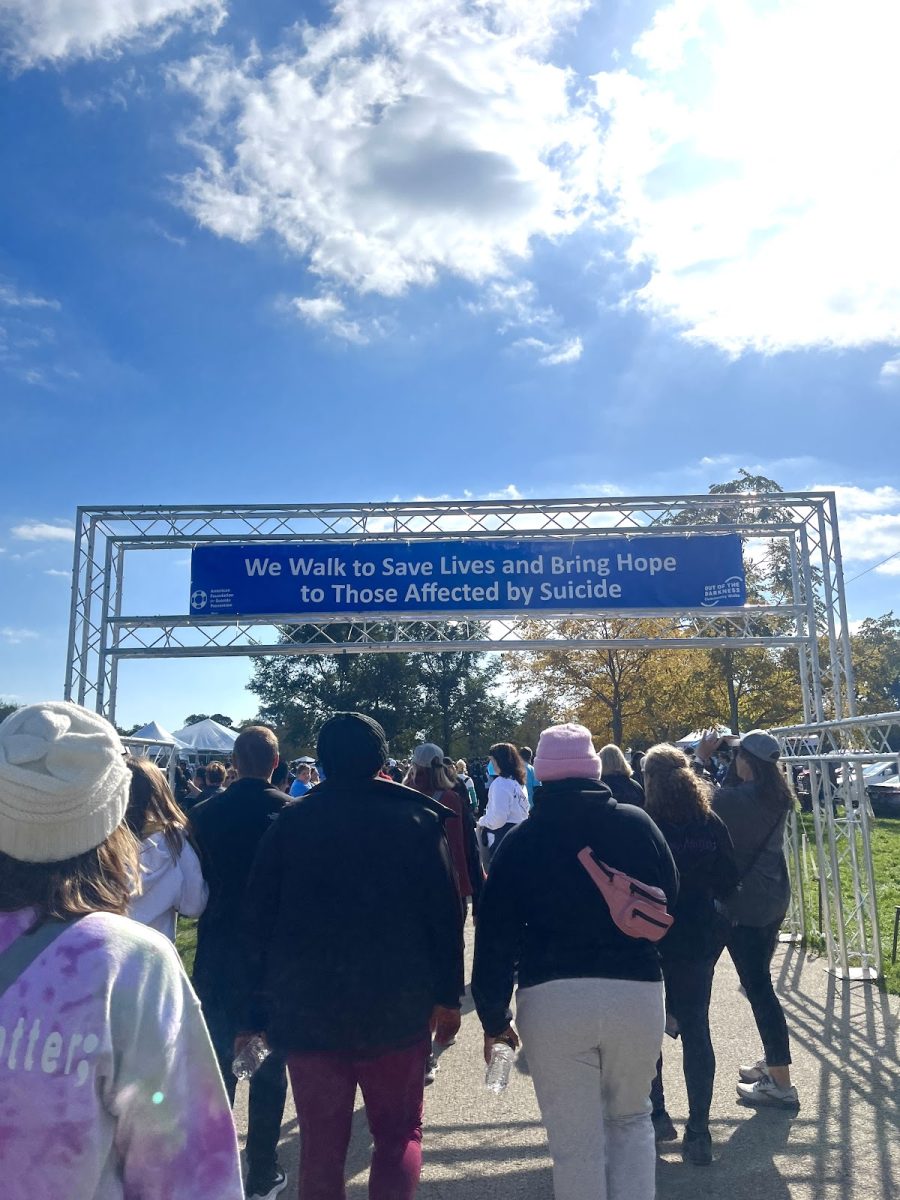Gaining an understanding of mental health and its challenges can benefit all of us, adults, teens, and even children. Educating students on mental health can help identify and address mental illnesses sooner rather than later. Also, with more education about it, many more lives would be saved.
Being able to give students proper coping mechanisms and knowledge with certain mental illnesses can help them in many ways.
“I think just having exposure to the topic of mental health is so important. Teaching kids that mental health issues are real, and that they can speak up about it if they are struggling will make a huge difference,” said Logan Hoyd, a senior at Riverside Brookfield High School.
Gaining exposure with mental health skills can help students find healthy coping mechanisms when they’re hurting. Many teenagers are scared of reaching out for help because of the stigma from mental health and hardly having any education about it.
“These classes would make school feel like a safer place for students. We are often told that our school is always there for us, but showing that by these classes would improve the school environment greatly,” said Kamryn Koehnen, a senior at Riverside Brookfield.
RB has some resources for mental health, but if a class was integrated in the school curriculum it would help students so much more because teenagers often are scared of showing they are hurting. If it was already in a classroom, they would feel safer knowing that other students are getting educated on this too.
“Having conversations about mental health in general will help destigmatize it, but especially in school with a teacher who actually understands the topic and can really help educate the students will be so helpful,” Hoyd said.
There is also more than coping skills to learn, like how to communicate better with other people, how to understand and manage emotions, and how to build healthier relationships. It’s about overall wellness.
“A lot of the time, students don’t have anywhere else to get this type of education or help,” Koehen said.
Even students who do not deal with mental health issues can benefit from these classes too. Being able to help and see warning signs with friends or if they struggle later in life and they’re able to use these coping skills.
“Receiving mental health education will benefit people in the long run because it will help students understand how to manage stress effectively. Students are also more likely to recognize when themselves or when their close ones are struggling which can lead to quicker help and care,” Hoyd said.













